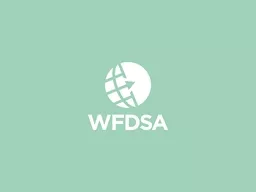PPT-Essay plan: Applied Ethics
Author : min-jolicoeur | Published Date : 2017-07-26
Explain the ethical teachings of one major world religion about adultery Sex outside marriage 30 Introduction refer to the question Say religion Christianity
Presentation Embed Code
Download Presentation
Download Presentation The PPT/PDF document "Essay plan: Applied Ethics" is the property of its rightful owner. Permission is granted to download and print the materials on this website for personal, non-commercial use only, and to display it on your personal computer provided you do not modify the materials and that you retain all copyright notices contained in the materials. By downloading content from our website, you accept the terms of this agreement.
Essay plan: Applied Ethics: Transcript
Download Rules Of Document
"Essay plan: Applied Ethics"The content belongs to its owner. You may download and print it for personal use, without modification, and keep all copyright notices. By downloading, you agree to these terms.
Related Documents














